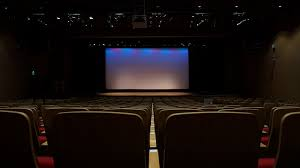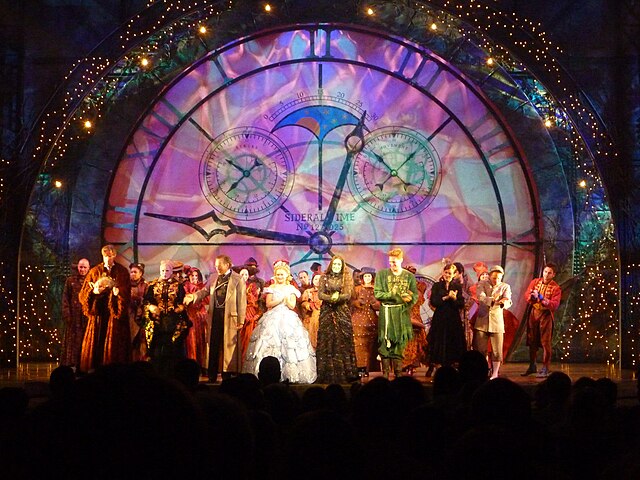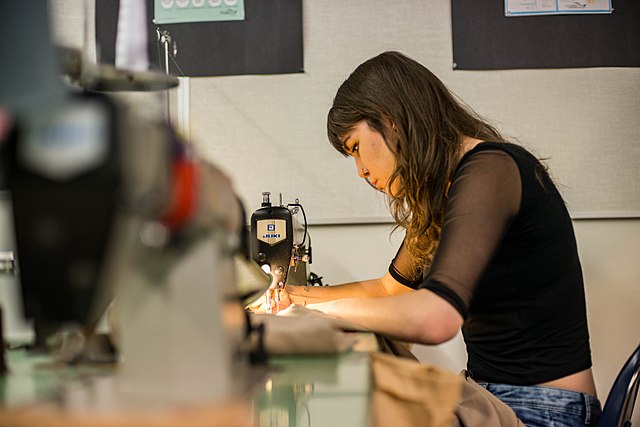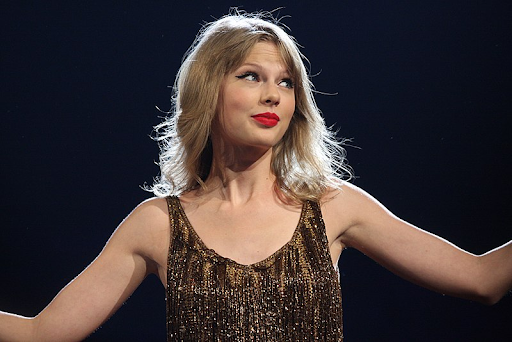Q: First off, give us some of the basics…
A: Well, my name is Timothy Leisman, I am a senior and the president of the student government association of traditional students at Guilford College, which we call the community senate. I am a political science and peace studies major with a minor in German. (My hometown is) Madison, Wis. and I’m 22 years old.
Q: As president of community senate, what have your goals been, and what have you really tried to accomplish?
A: I sometimes joke that I just tried to go to as many meetings as possible, but there is lot of truth to that. I want to stay as well informed as I can possibly be. I go to almost every community-type meeting. (Recently, I went) to the presentation for the marketing department that’s reporting on how they are going to market our school going forward because they just recently finished a research study. I sit on the strategic long-range planning committee and go to all of their meetings, and I sit in on the diversity action committee. I have my hands in all these different processes, and I try to bring that back to the students. I believe that is one of the more important jobs for community senate. We want to involve ourselves in as many processes as possible and try to bring back that experience and that representation to the table where we talk about school policy, and we talk about how to better represent student interests.
Q: How has Guilford helped you become the inspired and motivated person that you are?
A: When I came to Guilford, I had this sense that I wanted to influence the world, but I had no idea what that meant or how it looked. In my academics, I’ve tried to focus a lot on learning about how others have influenced the world through social movements or politics. I definitely think that the Guilford community has been critical in my process of finding myself. I wouldn’t be where I am today if it wasn’t for all the incredible friends who I’ve made that have just been all-around awesome people, who share their values and aren’t afraid to speak up for what they believe. That’s what I want to be.
Q: Where do you see yourself in five years?
A: Well it’s all subject to change, you know? I have this general idea. I took the GRE, so within five years I’ll have to go to graduate school. I want to go to graduate school to study public policy or peace studies and conflict resolution, so I’ve been thinking about a couple different schools. George Mason University in Maryland has a great conflict resolution program. They have the School of Conflict Analysis and Resolution, and Tufts University in Massachusetts has a place called the Center for Institutional Research on Civic Learning and Engagement, or CIRCLE, and I’ve actually been using their research a lot in my undergraduate thesis, so I would really love to work there because they study all these things that I’m interested in, which is how and why people, specifically young people, engage with politics.
Q: It seems like you’re a big proponent of getting involved with politics, which begs the question of what your general political philosophy is and how you self-identify. What are your thoughts on
how politics are orchestrated in the U.S.?
A: I would consider myself an independent. I like to call myself a Radical Moderate, and what I mean by that is being critical of everything, critically thinking about every political decision.
What does this decision imply? Where is this coming from? Who is it going to affect? I don’t want to think about it just in terms of “how is it going to affect me and my community?” I want to think of it as ‘how is it going to affect all people in all the world?’ And I think that that’s a perspective not taken often enough in our system. People engage with it on an individual level. It’s like, how does the individual engage with politics? What do these individual people want?
What’s best for the individual owner of the corporation? What’s best for the individual gun owner? But it’s like no, man, what’s best for the people? What’s best for We the People? And I think that politicians a lot of times seem to be driven by what’s best for them, and now more than ever, we need politicians that want what’s best for mankind.












